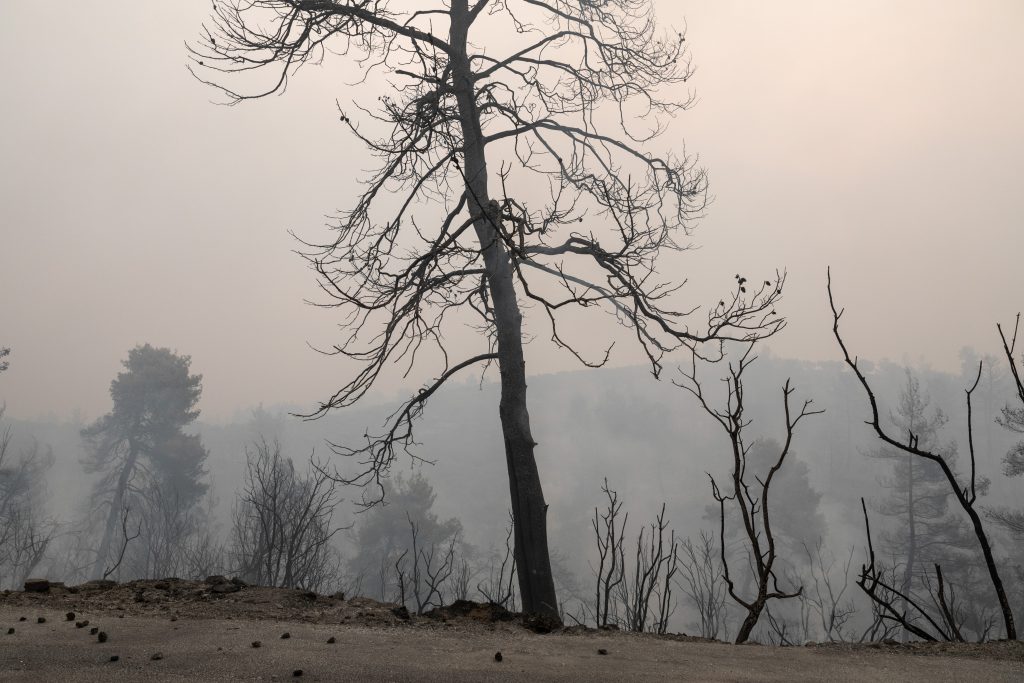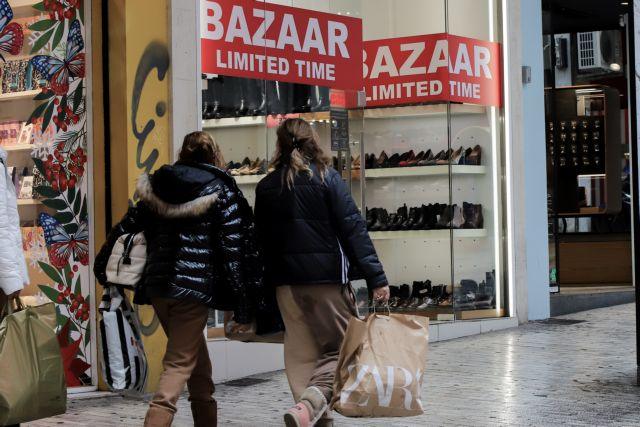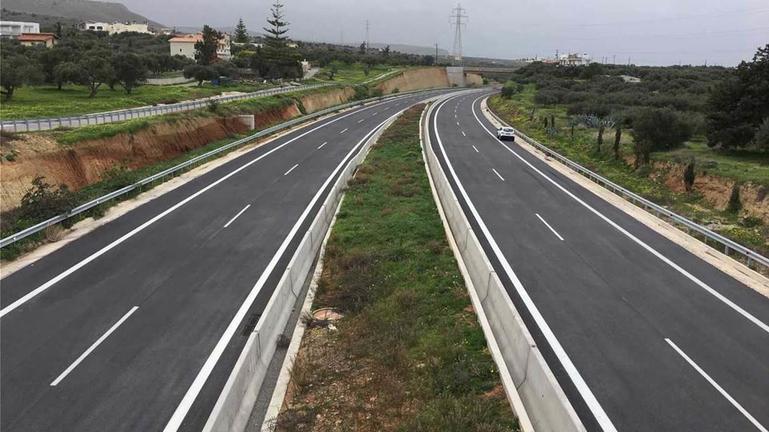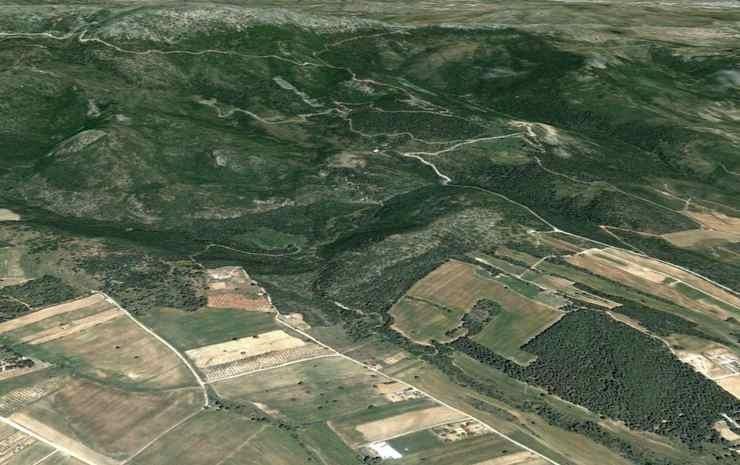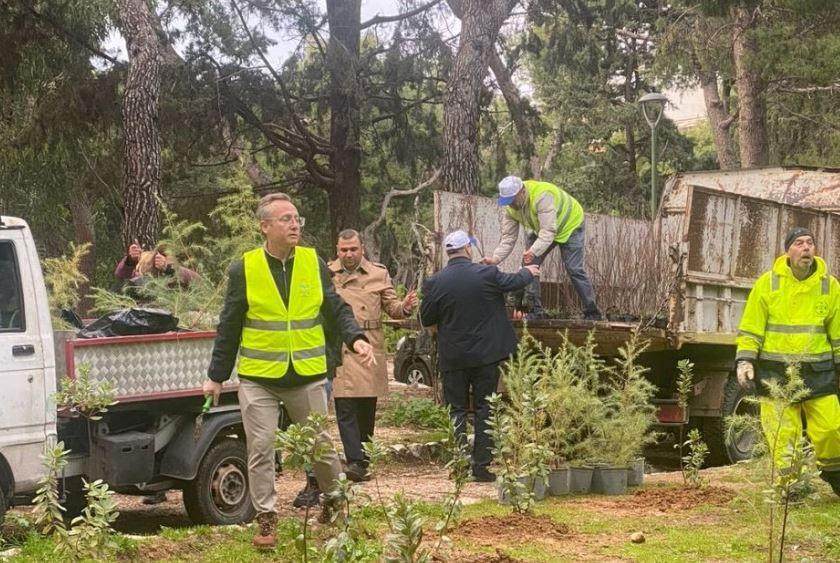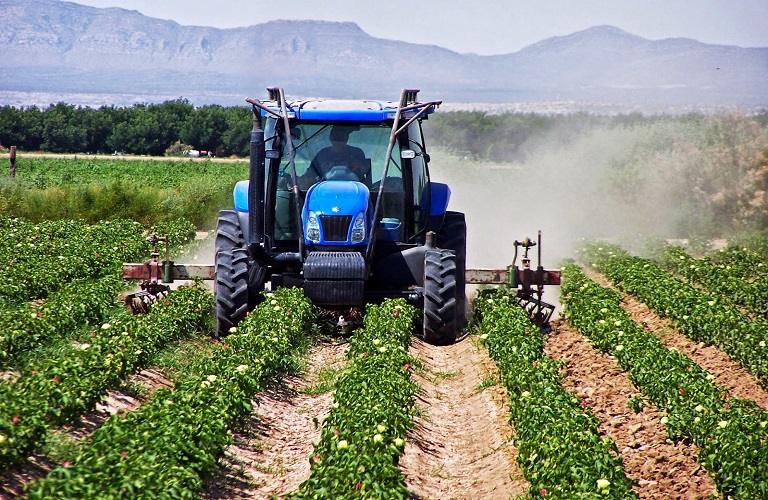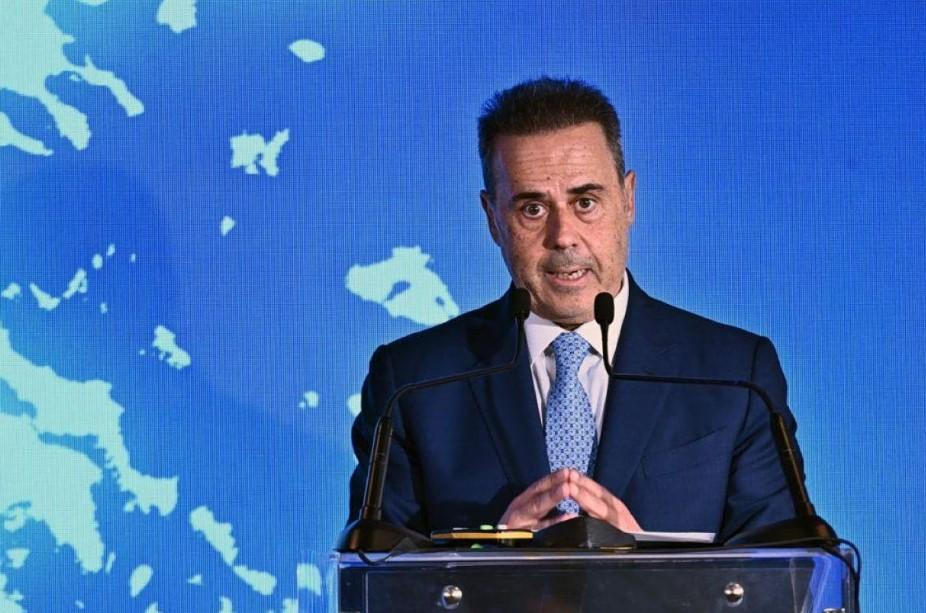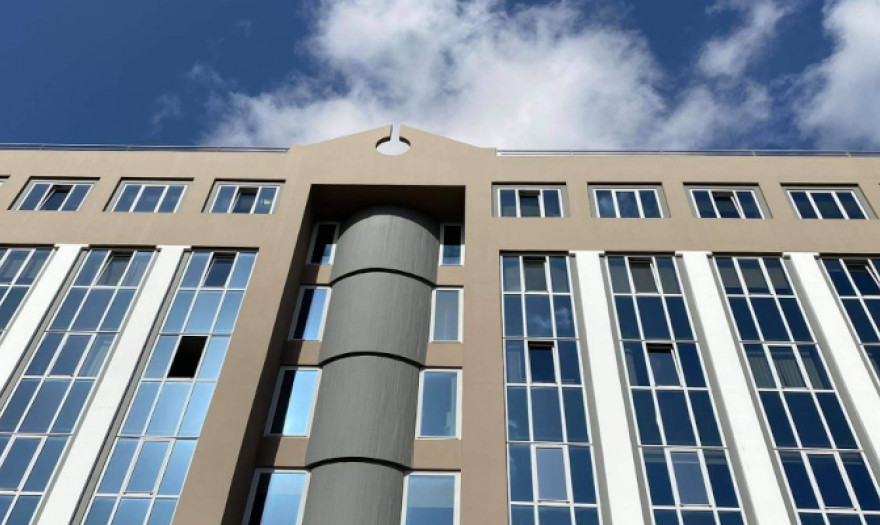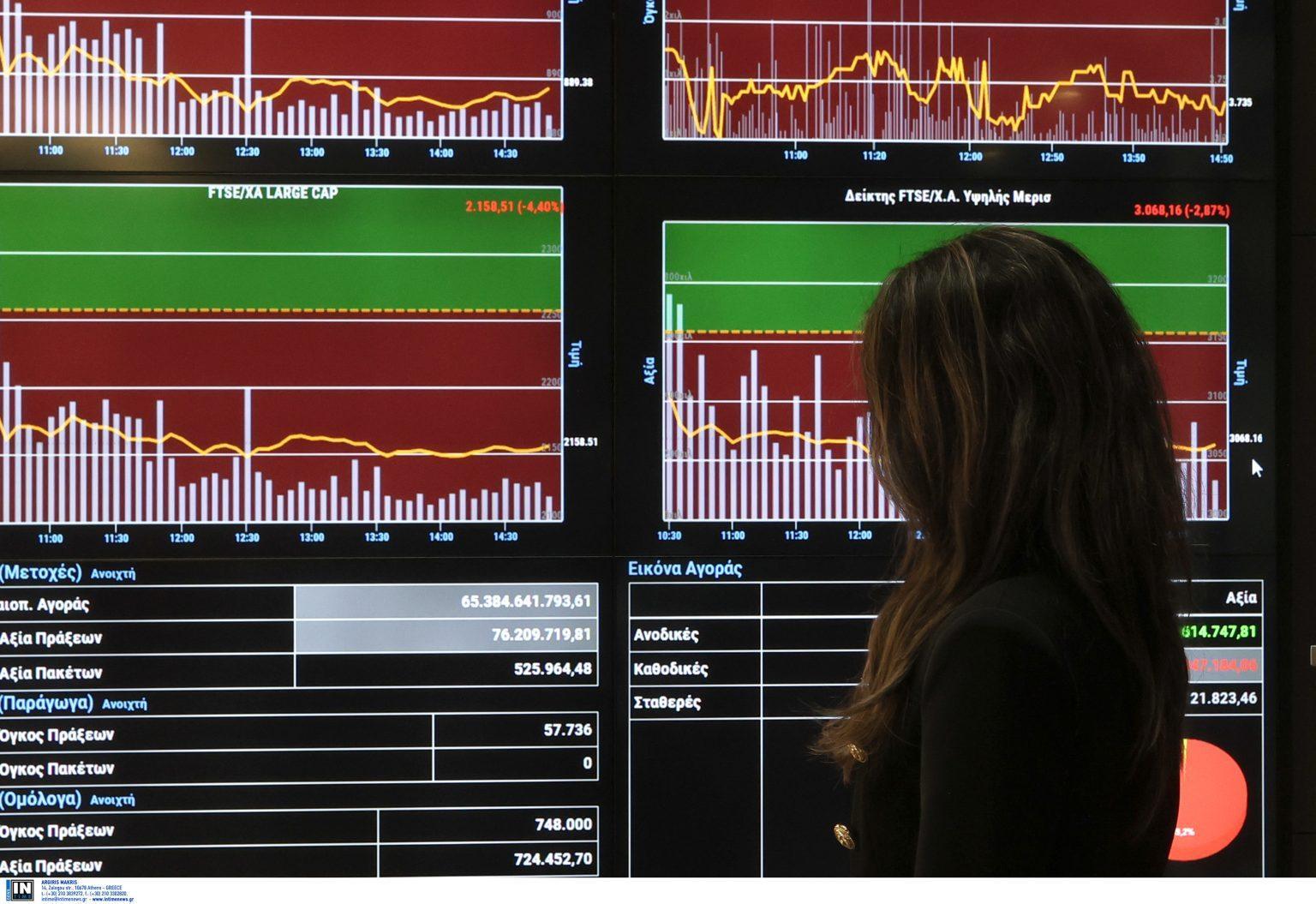Greece’s increased exposure to environmental risks, especially those stemming from climate change, is highlighted in a report by Moody’s on the occasion of the recent catastrophic fires, emphasizing that the costs associated with them may be manageable, but the facts underline that country is vulnerable to climate change.
The report notes that in the last two weeks, Greece (with a Ba3 rating stable) has experienced its worst fires in decades in what Prime Minister Kyriakos Mitsotakis described as a natural disaster. While European emergency funding will cover much of the relevant costs and additional reconstruction, and the cost of compensation is manageable for the government, the events highlight Greece’s increased exposure to environmental risks, especially those stemming from climate change.
The authors of the report describe the measures announced by the government and the disbursement of the first 4 billion euros for the Recovery Fund, while expressing the belief that the fires are indicative of the credit risks from climate change, which we capture for Greece. with “moderate negative” in terms of environmental profile.
While the causes of the fires have not yet been determined, Southern Europe has experienced the worst heat wave in almost three decades, with Greece seeing temperatures of up to 45 degrees Celsius. This is significant in the context of the findings of a report released by the UN Intergovernmental Panel on Climate Change on 9 August, which suggests that heat waves every 50 years are now more likely every decade.
Although Greece is likely to continue to receive financial support from European institutions, a further increase in the frequency and severity of these events could weaken the tourism industry. In addition, environmental damage and potential reductions in real estate tax bases create long-term credit challenges for local governments.
